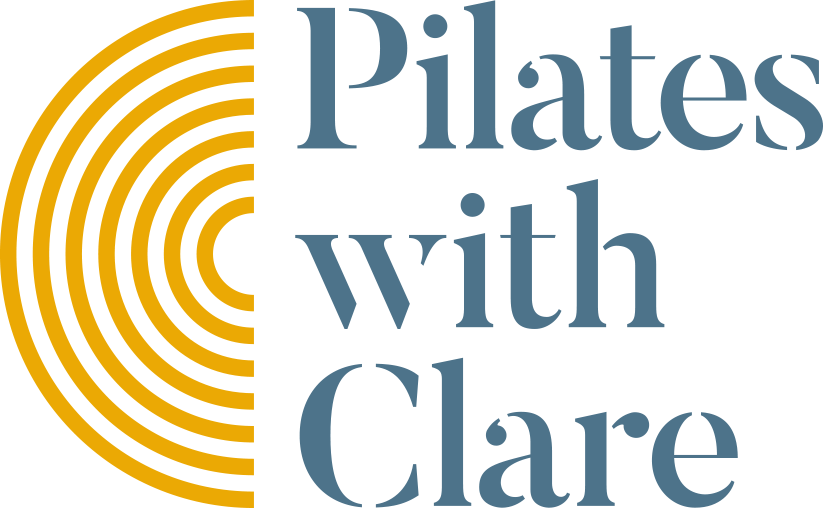Why Pilates
Why you should be doing Pilates
Pilates is a whole body movement, integrating mind the & body, it aids stress relief, increases the ability to focus & can help improve your posture. Hours sat at a desk or playing with your phone, you develop a posture which is perfectly suited for staring into a screen but not ideal other activities for every day life such as walking, lifting items, playing sport or simply standing up straight. Over time the desk posture can cause aches in lower back, stiff shoulders, soreness in wrists & neck because the muscles are not in balance & joints move away from their optimal position.
Pilates first works on refining alignment & posture, onto this build strength & mobility.
The Pilates system is designed to accommodate any level of fitness or body type, but like all types of exercise if you have any health concerns or receiving any treatments you need to check with your doctor before attending a class.
Why Pilates is so valuable
Pilates focuses on improving posture & strengthening the body for daily life, it can increase your range of movement, mobility & flexibility with a specific focus on lengthening the spine. This is is often reason why doctors & physiotherapists refer non-specific lower back pain suffers to Pilates classes.
Pilates encourages stability, length & strength in spine which creates good posture, opens the chest to aid breathing. Joseph Pilates advised "never slouch as doing so compresses the lungs, overcrowds vital organs, rounds the back and throws you off balance”.
Pilates focuses on mind body integration, the mind has control over the body & this connection is developed in Pilates classes. You need complete focus on an exercise, if your thoughts start wandering, it's possible to lose form & control of the movement. This is why Pilates so great for relaxation, mindfulness, increasing the ability to focus & concentrate.
Pilates Principles
Pilates teachers follow the six fundamental Pilates principles;
Breathing
Control
Centring
Flow
Precision
Concentration
Pilates is a journey, no teacher will expect you to master Pilates after a few classes. The principles are incorporated into the exercises & your teacher will guide you through the process. Breathing to facilitate movement in the ribs, Control in releasing faulty movement patterns, Centering by moving from centre of the body outwards. Exercises Flow with sustained calm & composed movement, Precision in all exercises to achieve maximum gain and Concentration is key to achieving the principles & listening to your body.
What to expect in a Pilates class
The basis of movement is Pilates works from the centre of your body outward, creating core stability, which Joseph Pilates called the Powerhouse from neck to below the hips, it's not all about the abdominal muscles.
A standard mat class starts with a standing warm up to loosen body, bring your focus away from work/daily life & to your body. Moving onto the mat, usually lying on back to support the spine, the teacher will guide you through a varied range of exercises to mobilise the spine, develop & challenge core strength. A class will include different positions such as four point kneeling, lying on side or front & seated. The class ends with a short section of stretches.
“Every moment of our life can be the beginning of great things”

